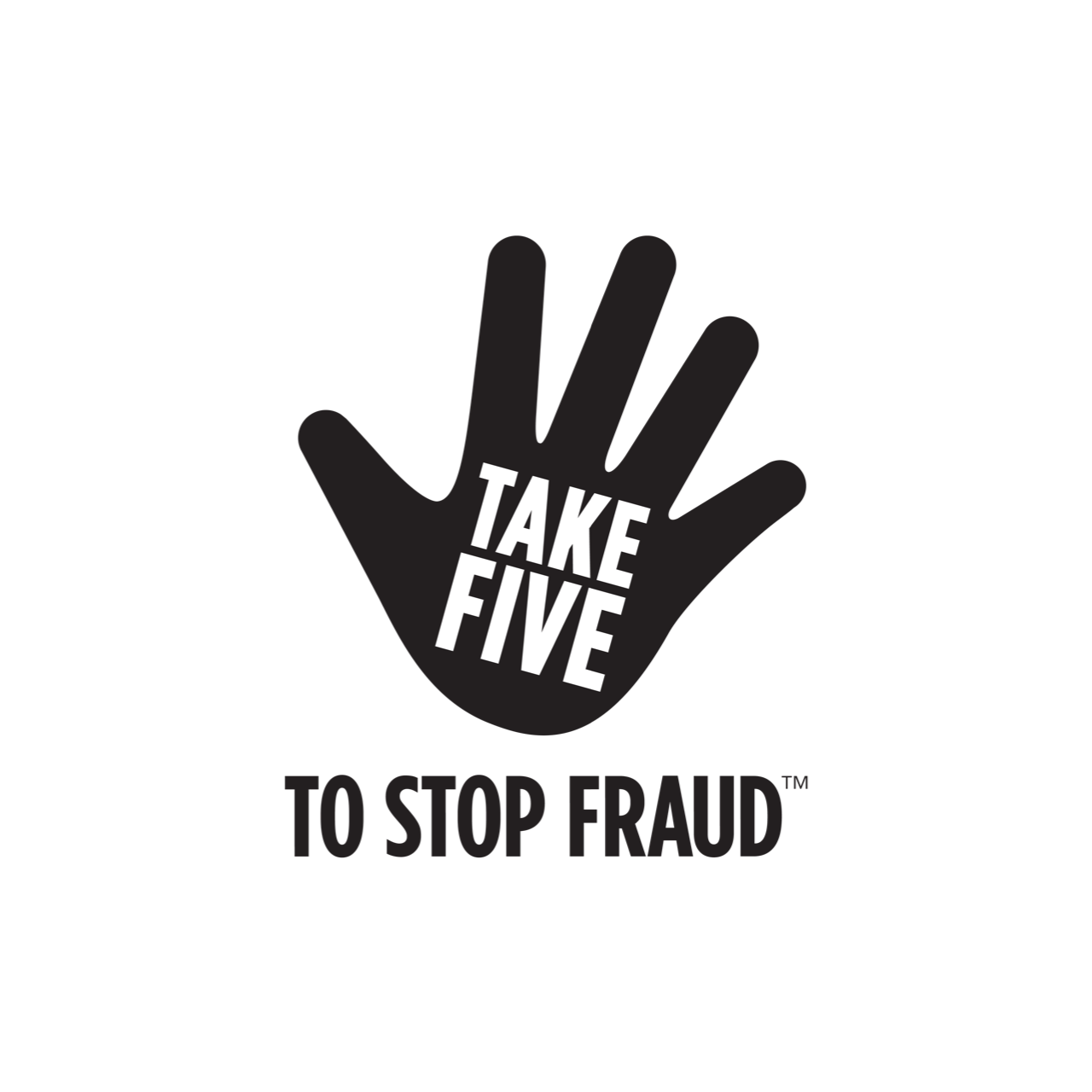Imagine, for a second, you’re a criminal. You’ve got a great idea for a scam, that’s gonna make you some money. The plan is to trick someone into sending you money, by pretending to be from their bank.
But wait. If you’re successful, and get your victim to send the money straight to your bank account, that’ll make it easy to trace the scam back to you!
To solve this problem, some criminals use money mules. Fraudsters launder their money, by getting everyday people get involved in crime. Often, people don’t even realise they’re breaking the law, or understand the devastating consequences of getting involved.
How money muling works
Criminals don't want to use their own bank accounts, so they can avoid linking themselves to the crime. Their goal is to get the money they’ve stolen into their own bank account, but make it as difficult to trace back to them as possible.
So what they do is recruit a few (often unsuspecting) people, and get them to move money from one bank account to another very quickly, until it ends up with the fraudster.
Each of these people will usually get a small cut of the money, to distract or trick them, or maybe incentivise them to get involved.
We refer to these people as ‘money mules’ and their bank accounts as ‘money mule accounts’.
How to avoid getting recruited as a money mule
Criminals can try to recruit anyone as a money mule, but they usually target young people and students. In the past two years, the number of money mules aged 14-18 has gone up by 73%!
They try to lure you in with the promise of making some quick and easy money, and most people won’t even realise they’re helping a criminal organisation!
So we want to show you exactly how criminals recruit money mules, so you can spot their tricks and avoid getting caught in one of their networks without realising.
Let’s have a look behind the scenes to see how money mules get recruited.
A popular way for criminals to recruit mules is by pretending they’re giving you a refund
For example:
You get a call from someone who says they’re from your internet provider, and they owe you a £100 refund.
They ask for your sort code and account number, so they can send it through.
But when you give them the details, they transfer you £10,000 instead of £100!
They call you back in panic saying they’ve made a big mistake, and that they’ll lose their job if their boss finds out.
They ask you to send the extra £9,900 to a bank account, and they give you the account details
If you do what they say and send the money, you’ll have inadvertently helped a criminal launder money that belongs to the victim of a scam, or are the proceeds of human trafficking or modern slavery.
Fraudsters also recruit money mules on social media or job sites
Organised crime gangs often have a network of ‘recruiters’, whose job is to find potential money mules.
These recruiters reach out to people on Instagram, Facebook, Snapchat or other social media, saying you could make some easy money, quickly.
Some even advertise money muling as a job opportunity in a pages like Indeed.com with unclear job titles like “currency controlers” or “treasury function”!
If you agree, this is what they’ll do:
Ask you to give them your account details
Transfer you a large amount of money
Give you instructions to immediately send the money on to another account. Or ask you to withdraw the money from an ATM and transfer it on to another account. Cash is virtually impossible to trace back.They’ll let you keep a percentage of the money, before you send it on
Here's an examples of a social media profiles recruiting mules.

Recruiters even approach people in person, at betting shops or pubs, or outside school gates for example. They’ll ask if they can borrow your bank account to receive some money.
For example, we recently saw a case where a criminal claimed they were selling something on eBay, but didn’t have a PayPal account.
The criminal approached someone and asked if they could use their PayPal account to receive the ‘proceeds of the sale.’ Then, the criminal asked them to send the money onto their bank account.
They only realised they’d accidentally become a money mule when PayPal contacted them to tell them the money someone sent to their account was fraudulent.
They thought they were doing someone a favour, but they were actually being used as a money mule.
Being a money mule has serious consequences, even if you got tricked into doing it
Even if you’re tricked into doing something illegal, you can still be held accountable. And the consequences can be really serious, and follow you around for a long time.
Your bank could close your account – If your bank detects that you’re moving fraudulent money, they can close your account immediately
You might find it impossible to open another bank account in the future – Your bank could add you to a fraud database like Cifas, which could make it very hard to open another account
It could also make it difficult to access credit – that means you might not be able to get a mobile phone contract, car finance, a credit card, an overdraft, or a student loan. Ever!
You could end up with a criminal record, or even go to prison. Money muling is a form of money laundering. If you’re convicted, you could get up to 14 years in prison, and a criminal record for the rest of your life.
Getting involved in money muling could have serious and long-lasting consequences for you. And on top of this, you could also be helping criminals get away with serious crimes, like human trafficking, modern slavery, and stealing from innocent, everyday people.
Remember, if an opportunity to make a lot of money really quickly for very little work sounds too good to be true, it probably is. If someone is offering you money simply to move money through your account, you're being recruited as a money mule. You've enabled serious organised crime groups to operate and you could end up with a criminal record.
Don't be fooled into thinking that it's ok and that it won't have any consequences for you.
